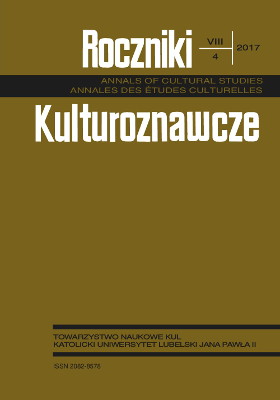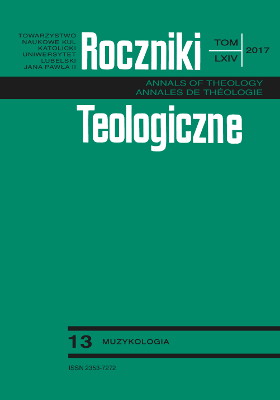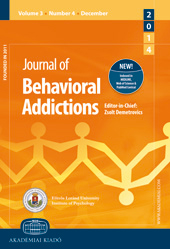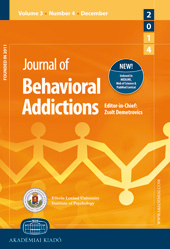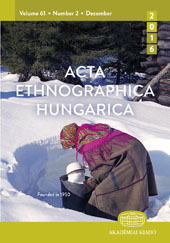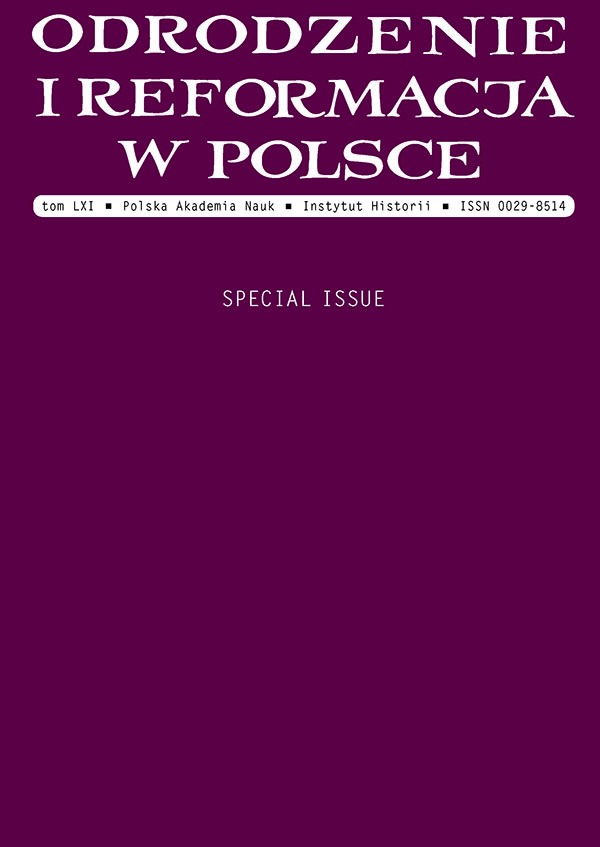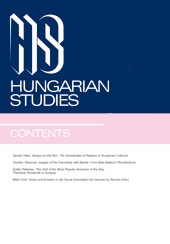Author(s): Anna Prykhodko / Language(s): Ukrainian
Issue: 1/2013
The article attempts to trace the connection between the philosophical category of Nothing and the concept of some "plotless", as they are often called, works of art in the 20th century. Attention is focused not so much on the demonstration of Nothing on different levels (in the artistic images of silence and emptiness, for instance), but rather on the particular absence of the apparent substantial component in the work of art. It is proved that the avant-garde radical tendencies in art were the response to the artistic and aesthetical consciousness to the global change in culture and civilization processes caused by the scientific and technological progress. Particularly, the disintegration of atom and the new concept of space and time continuum. Scientific and technological progress has led to the revision of philosophical questions and the return to eternal ontological problems. The artists were attempting to find philosophical justifications for their work and to create their own philosophical concepts and aesthetic positions. These attempts began in early 20th century and were declared in articles, lectures, leaflets, pamphlets, poetry collections, manifestos. In the article, attention is focused on the theoretical understanding and development of the problem of Nothing, which formed the basis for the works by many philosophers who had influenced the artistic ideas of the 20th century (M. Heidegger, J.-P. Sartre and others). One of the characteristic lines of philosophical pursuit of the 20th century is an attempt to match Nothing with the real being and to compare the worldview of Western and Eastern cultures. This suggests conducting a parallel with the "silent" creative work of some composers. In particular, the American John Cage, who was interested in Eastern philosophy (the "void" doctrine of Zen Buddhism) and expressed his striving in the piece "4’33", and the Russian composer Eugene Kostitsyn with his "Minute of silence". The article reveals that the concept of "Nothing" in the visual arts, which means liberation from objective world, was most strongly expressed in the figurative (abstract) art and was represented in the creative work of Kazimir Malevich. In particular, the legendary "Black Square", which Malevich defined as "zero form" – a basic elements of the world and being. The author’s theoretical justification of Suprematism had more than five volumes. Interests in ascetic monochrome paintings was observed in the work of the American abstractionist artist Robert Rauschenberg, who was famous for his series of works that had neither color nor texture, and in the oeuvre of the French artist Yves Klein. The article states that the creative work of these artists was influenced by the interest in Zen Buddhist philosophy, where the experience of Nothing is one of the basic motifs. The article also pays attention to writers whose creative work was marked by utmost laconism. Particularly, the article reveals the creative work details of the Russian avant-garde poet Vasilisk Gnedov, the representative and the leader of Ego-Futurists (the details are shown on the example of his wordless "Poem of the end", which is considered one of the first manifestations of conceptual poetic word in avant-garde art). The author concludes that the interest for the category of Nothing in avant-garde art was prepared by the development of 20th century philosophical thought, and was most brightly expressed in conceptual avant-garde forms, such as the objectlessness of Malevich (justified by the phenomenology of E. Husserl and M. Heidegger), some Western ideas and abstractionist ideas and the musical "silence" of John Cage (with an emphasis on eastern philosophy of Nothing). In its turn, appealing to the artist’s conceptual comprehension of his own artistic worldview when encountering a particular work of art (especially an "obscure" one) plays an important role in understanding the 20th century avant-garde art. The estimation of objectless works of art is marked by a somewhat complicated perception and the inertness of recipients. The artist’s theoretical justifications may help to find a way to understand his work, but adequate estimation still remains important – it gives the ability to understand whether the author is following some philosophical ideas, or just hiding artistic provocation or even a joke. Thus, in the article proves that some objectless works of art have certain philosophical ideas at their basis, which is evidenced by the theoretical justification given by their authors.
More...
